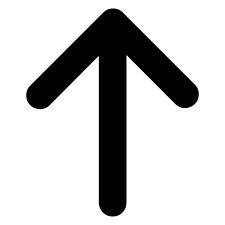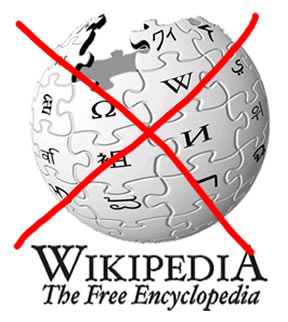
Reference Management
The report that you will write will contain references. On this course reference system Harvard (Parenthesis referencing).
Example

It is always best to use a pencil.
According to Petterson (2009 p.123), it is always best to use a pencil.
Other than the given literature

Given literature should allways primarily be used for references. When sources are other than the given litterature you should always use this guide scrutinized attitude.
About References

Why are published sources (books, scientific articles etc) more reliable than self-published (eg web pages)?
- The published sources have been checked by editors, the so-called "peer review" and are often auditet (amendments and corrections, for example, when the books are printed in a second edition). Therefore, theese types of sources are regarded as more reliable than, for example Web pages.
- As for written sources, these can additionally be verified as opposed to
verbal information that can rarely be verified in the same way. That's why
it is important to specify the sources publication information

- Author
- Year of publication
- Title
- The location of publishers
- Publishers
- Avoid referencing Wikipedia. Content on Wikipedia is a collective product and can be written by anyone. The content is not examined by experts.
References are important from at least three perspectives
- References increase degree of reliability. References show that the interpretation is correct and indeed can be used to build arguments.
- In order to clearly show when reasoning, interpretations, wordings etc. are not your own, and actually come from elsewhere, always enter references. Be careful to indicate when it is an author that argues something, not you. Write for example: Castells (2001) argues that... or According to Castells (2001: 99) is ...
- In order for the reader to be able to check, references must be published at the end of your text in a reference list.
According to Harvard, the source specified in the text reference with the author's last name and publication year within a parenthesis
To cite a particular passage or a paragraph
- Always locate the source as accurately as possible. Type page numbers to the paragraph or sentence, not only the chapter.
- Direct quotes must be specified in quotes, followed by the citation: For example: '...' (Castells, 2001 p. 99) or Castells (2001 p. 99) argues that "..."
When you discuss something that the author consistently writes about, stretched across an entire book or article, you do not need to give page numbers.
- Example: Castells (2001) develops a discussion of how the Internet affects society ...
- Long quotes should be indicated by placing in a seperate block quotation, i.e. a standalone piece of text with different formatting than the rest of your text.
Quote or refer to something on a web page
When you quote or make reference to something on a web page, the rule is to have
- URL (web link)
- author
- paragraph
- date of reading
It may expressed as in the following examples
- The use of universal design in web design is not only to create interaction through mousepointing but also of keyboard, according Lynch & Horton (2008), taken from http://www.webstyleguide.com/wsg3/2-universal-usability/4-guidelines.html, paragraph 12
- Lynch & Horton (2008) describes that the use of universal design in web design is not only to create interaction through mouse pointing but also with keyboards. Retrieved from http://www.webstyleguide.com/wsg3/2-universal-usability/4-guidelines.html, paragraph 12
Bibliography

The list of references at the end of your text should be alphabetical by author or other main ideas (e.g. Title)
- Book titles are italicized, articles are written as follows:
Ex: Castells, Manuel (2001). The Internet Galaxy. Oxford: Oxford University Press. - In this case lacks the article author, therefore, attributed the paper's name
instead.
URL and läsdatum be specified for web sources!
Ex: Economist (2009). 'The Future of Entertainment: Middle Class Struggle'. 26/11 2009. Available: & nbsp; http://www.economist.com/node/14966219?story_id=E1_TQJGGNTJ, read 8/9 2011 & nbsp;
Select
- Mälardalen University |
- Box 883 |
- 721 23 Västerås/Eskilstuna |
- 021-10 13 00, 016-15 36 00 |
- info@mdh.se |
- About the website
